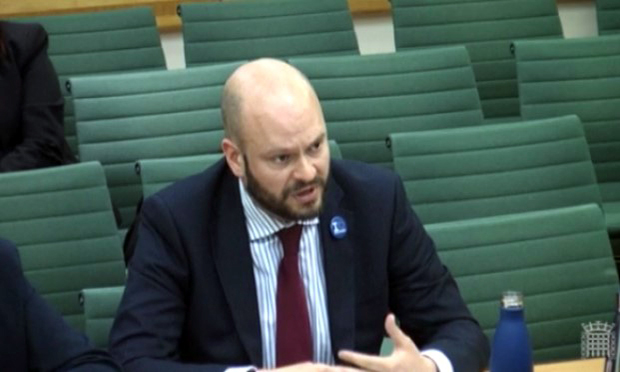Coronavirus: Thousands of Hackney businesses ‘falling through the net’

Thousands of Hackney businesses are “falling through the net” of coronavirus relief put in place by Chancellor Rishi Sunak, according to council figures.
The Town Hall’s analysis shows that government initiatives offering 100 per cent business rate relief will reach 2,350 firms in Hackney, with 4,500 more eligible for grants.
However, 7,000 other businesses could be forced to close as a result of being unable to access support, including those with a rateable value above £51k, workspace providers and their tenants, creative, arts and cultural sector businesses, and self-employed limited company owners.
Hackney Mayor Philip Glanville and business chief Cllr Guy Nicholson said: “At present, it is clear that there are significant gaps in support for certain sectors and our experience in Hackney demonstrates that there are certain types of businesses that are struggling and in real trouble due to the fact that they trade and do business with other affected business sectors and industries.
“We would urge the Treasury to make additional provisions for the businesses who are struggling as a direct result of the pandemic but are not currently eligible for Government support.
“It is essential that the pressing issues faced by our local business community in Hackney, who are currently unable to access existing Government support are acted on urgently to ensure that more micro businesses, small and medium sized enterprises and the self-employed are supported and able to stay afloat.
“We welcome [the Chancellor’s] recent pledge to do ‘whatever it takes’ to keep companies and businesses solvent and we would urge you to take these actions urgently. Businesses require this support now.”
In a Town Hall survey of 200 local businesses, 95 per cent reported a loss in income, with a quarter reporting staff self-isolating and unable to work.
A further 15 per cent have made redundancies or cut staff hours, with half that number reporting their staff are scared to work due to the risk of infection.
Eight businesses in the survey had furloughed staff.
The Town Hall has been building a picture of the difficulties faced by struggling businesses through the Hackney Business Network, with both Mayor Glanville and Cllr Nicholson welcoming Sunak’s “unprecedented range of initiatives” to support business instituted through his Coronavirus Budget.
The Town Hall is now calling for a video conference with the Chancellor alongside members of Hackney’s business community to discuss further support, pointing to the harm that could be done to the borough’s creative, tech, cultural and small businesses.
According to Town Hall research, the £51,000 ceiling for support represents a “hard cliff edge” for small businesses, with Shoreditch Pubwatch saying that rate relief for retail, hospitality and leisure business is “not enough to ensure survival” as rent payments continue.
Those whose income and operations are not based out of fixed premises are set to be “massively impacted”, with Boulevard Events in Hackney Wick saying: “Events that we cater for cannot be held at the moment. We are absolutely a business in the hospitality industry and have effectively been forced to close whilst measures to combat the spread of Covid-19 are in place, but we will not be eligible for government initiatives because we don’t host clients at our premises.”
Those who run their affairs through limited companies also face falling through the cracks of the support already in place, with many of these businesses run from people’s homes or other workspaces.
Translator Beatrice Blackett Espinosa said: “I have absolutely no work whatsoever. Unfortunately, because I am essentially a freelancer but under a limited company structure I majorly lose out on the support packages available because I am not eligible for the self employment package, and if I furlough myself as an employee of my company I can only receive 80 per cent of my minimum salary and I would not be able to accept work should any come in over those three months.”
Both those who work out of and operate co-working or shared workspace also face serious difficulties, with the former unlikely to qualify for support and the latter likely to lose tenants as a result.
